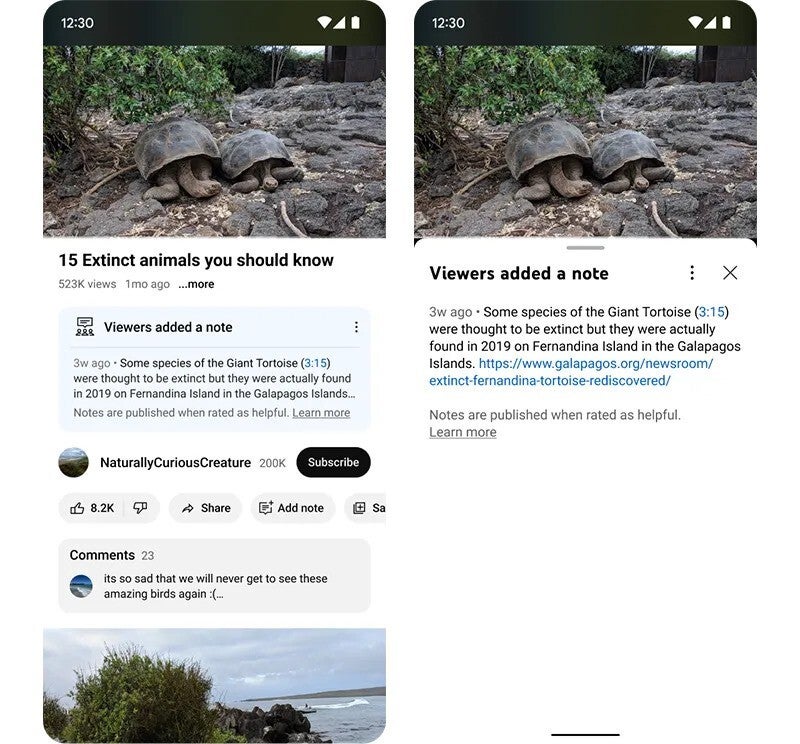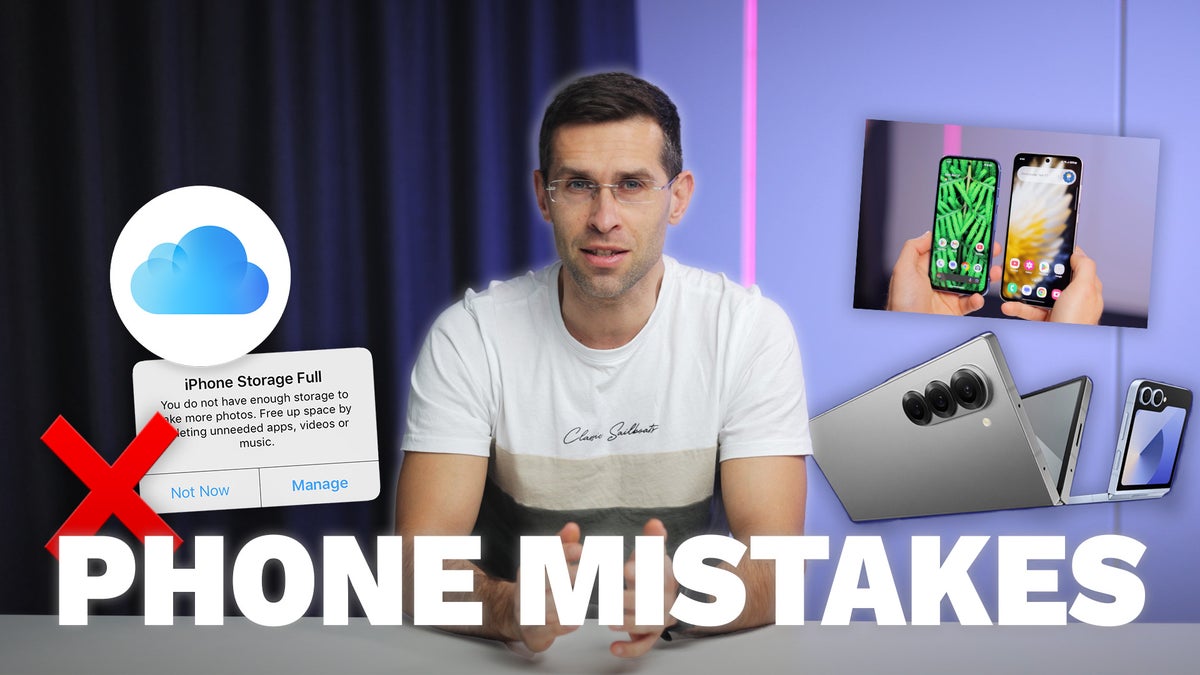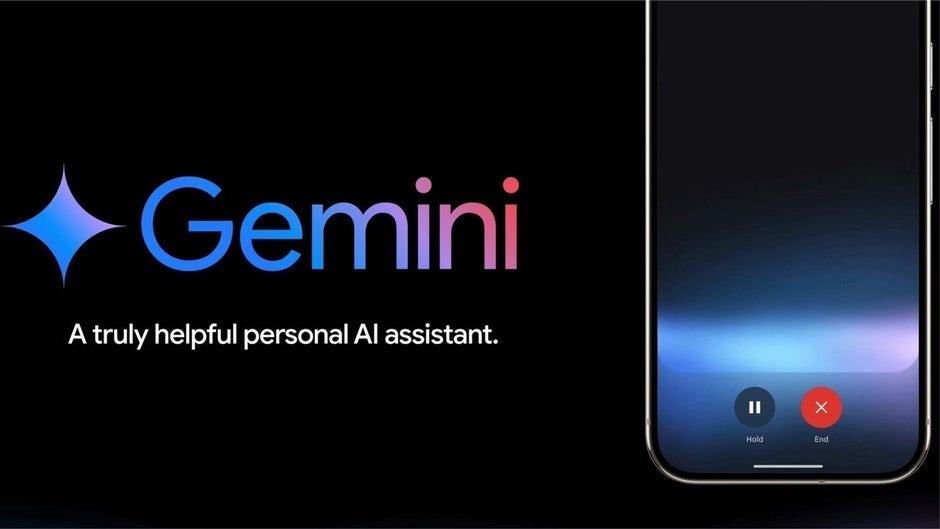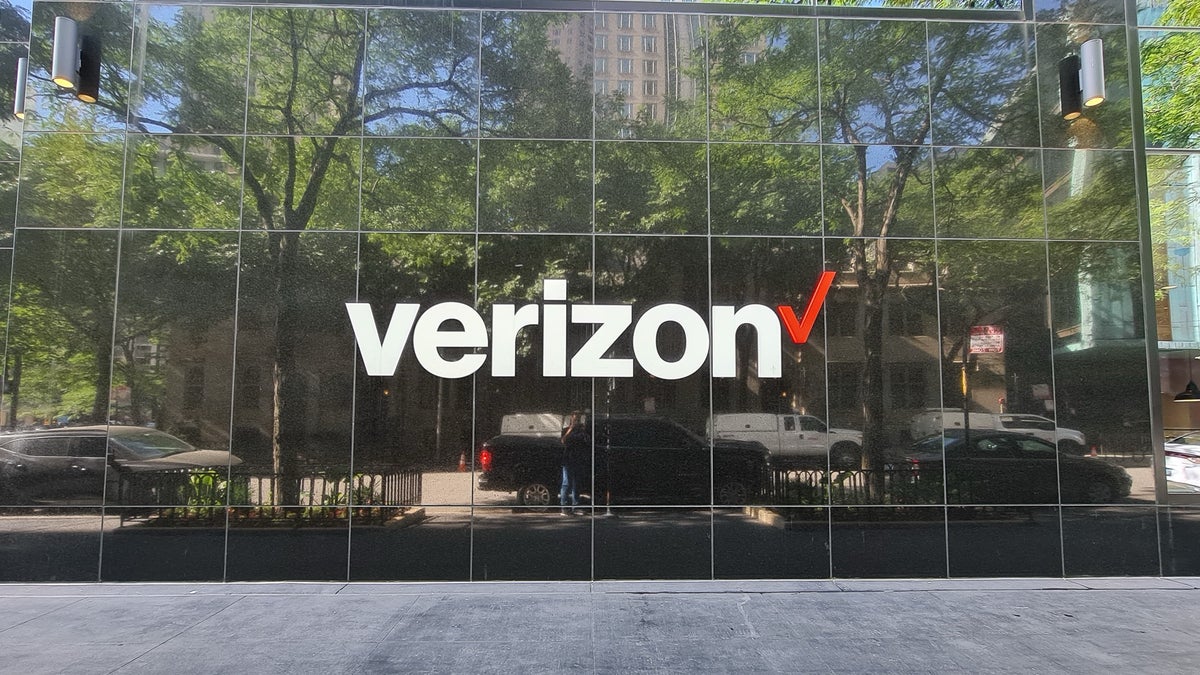[ad_1]
A A recent report reveals that Google has informed the European Union that it will not comply with the upcoming fact-checking law. The company reportedly stated that it will not include fact-checks in search results or YouTube videos, and will not use fact-check data to influence the rating or removal of content.
It is worth noting that Google has never engaged in fact checking as part of its content moderation strategy. However, it supported a European fact-checking database before the recent EU elections, showing that it is not fully committed.
The new fact-checking rule is part of the European Commission's updated Code of Practice on disinformation. Essentially, it started as a voluntary set of guidelines for tackling misinformation but is now being turned into a mandatory rule.
Reportedly, in a letter to Renate Nicolai, deputy director general in the European Commission's Content and Technology Division, Kent Walker, Google's head of global affairs, stated that the fact-checking integration required by the new Disinformation Code "is simply not appropriate or effective for our services." She confirmed that Google will not join it.
Walker added that Google will continue to support its existing content moderation tools, such as the Synth ID watermark and... Artificial intelligence labels on youtube. He also pointed out It is a feature introduced on YouTube last year that allows some users to add context to videos. It's very similar to X Community Feedback - and probably any experience that comes out next.


Adding notes below videos is YouTube's way of fighting misinformation. | Image credit – Google
Speaking of which, this move comes right on the heels of Meta has announced that it will end its fact-checking program in the US, so who knows if Mark Zuckerberg will comply with EU regulations. Meanwhile, Company X has already been reducing its use of professional fact-checkers for some time. As for what the EU will do when digital fact-checking becomes a legal requirement, your guess is as valid as mine, but if history is any indication, fines and investigations could be on the horizon.
[ad_2]
Download










